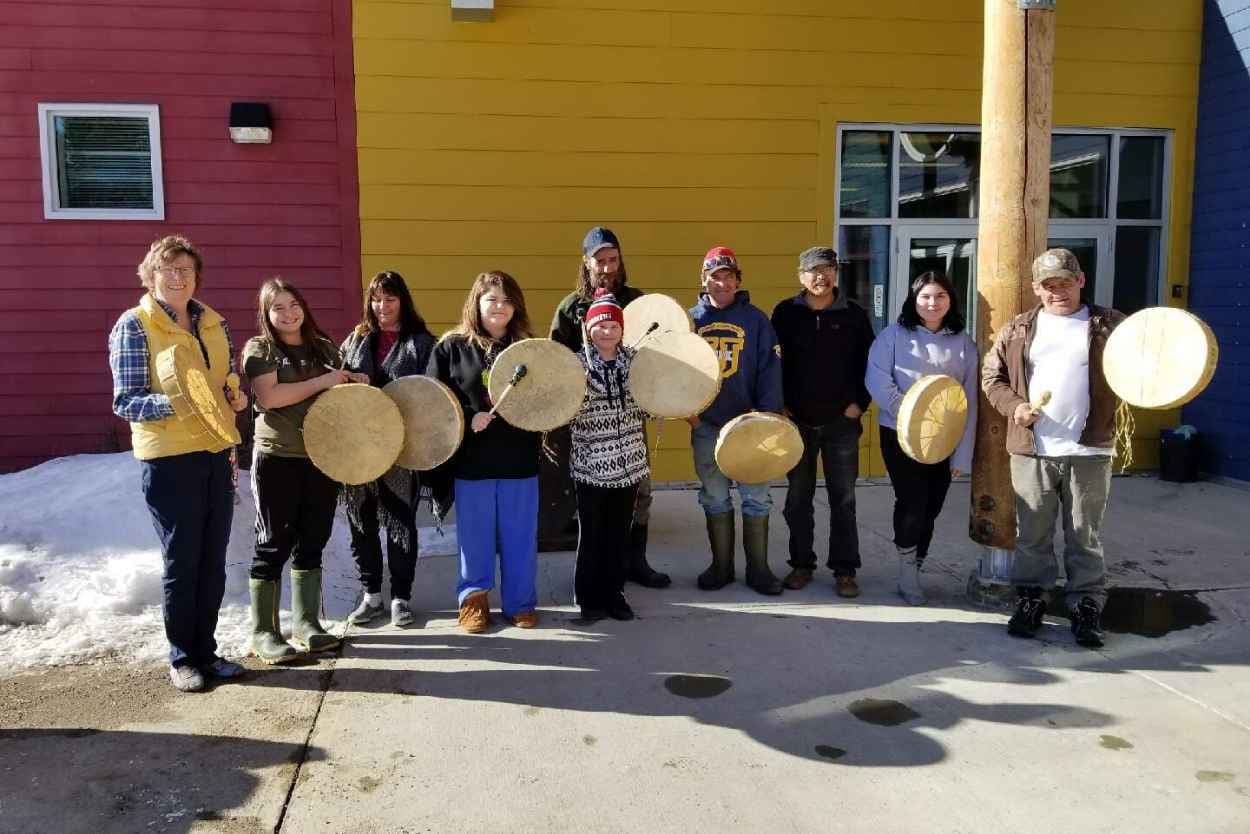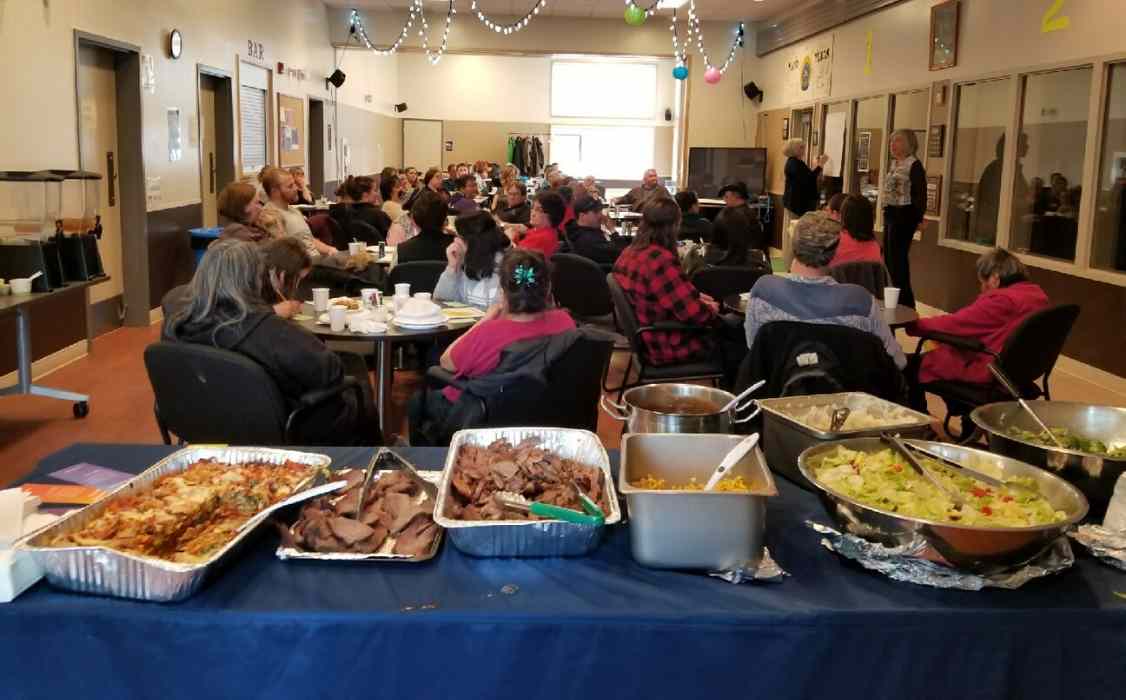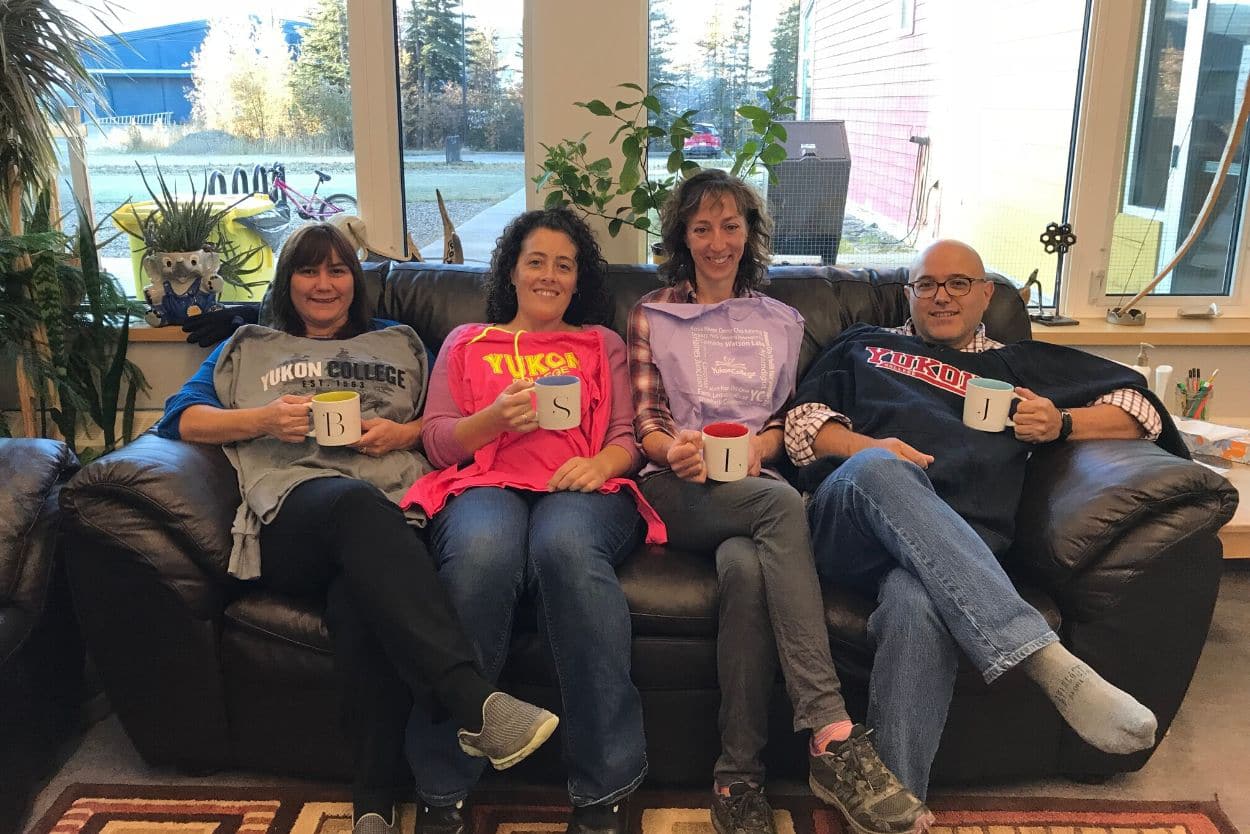Supportive distance learning in Mayo
Distance learning, or online learning, provides students with access to class instruction over the Internet, rather than in a classroom.
Learn more
Programs offered via distance learning


